Article explaining the current ambiguity around the start date for Ramadan in the United Kingdom. With details of a new grassroots astronomy movement to address the issue.
The Perennial Question
Every year at work I brace myself to the perennial question, “When does Ramadan start?” Someone answers, “Sunday?” Another person, “No, it’s Monday” Occasionally you get, “Well according to Google…. it is on Tuesday”. So when does Ramadan actually start? And why is there always confusion?
Lunar Calendar 101
The month of Ramadan is based on a lunar calendar as opposed to the solar calendar we use every day. A lunar calendar is a calendar based on the monthly cycles of the Moon’s phases, in contrast to solar calendars, whose annual cycles are based only directly on the completion of the orbit of the Sun. A lunar year is 354 days, 11 days less than the solar year, which has 365 days.
Lunar calendars are used to determine religious holidays not just in the Muslim community but also in the Jewish, Christian (Easter), Hindu, Chinese, Korean, Vietnamese and Hindu communities. The oldest use of lunar calendars dates back to the stone age of 15,000 BCE, with evidence found in the famous caves of Lascaux. The dates in the Islamic calendar, as well as the Jewish calendar, begin at sunset, rather than 12 midnight.
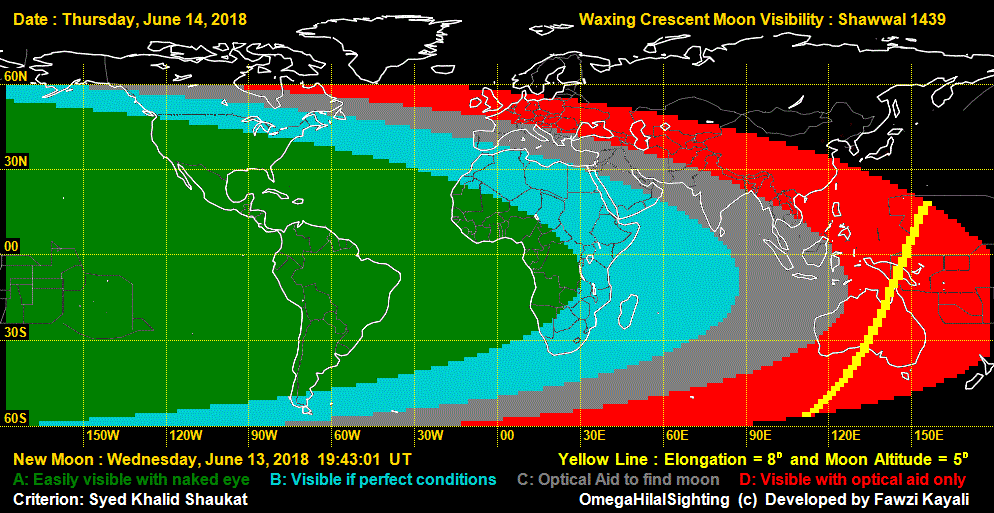
OK, so when does Ramadan start? And why the confusion?
The Lunar calendar used by the Muslim community to determine the beginning of Ramadan is a lunar ‘visibility’ calendar. The month does not begin with the new moon, rather it begins with the new crescent moon. The new moon is when the moon is invisible, whereas the new crescent moon is when it first becomes visible in its waxing phase.
Traditionally, in Muslim countries and where there are long-established Muslim minority communities, such as South Africa, there are established practices to sight the new crescent moon. There are set locations throughout each geographic area, (for example 200 in Morocco & 64 in Bangladesh) where people attempt to sight the moon.
In the United Kingdom, the Muslim community is based around relatively new migrant communities. The issue of moon sighting and the start of Ramadan has been outsourced to countries with moon sighting infrastructure and practices. However, each of these countries might sight the new crescent moon on a different date. This has lead to differences in start dates within the UK, with some mosques and communities following Morocco, some following Turkey and others following Saudi Arabia.
A UK based lunar visibility calendar?
Recently people have come together to end the confusion and establish a UK based lunar visibility calendar. In 2015 the New Crescent Society was established, with support from the Royal Observatory in Greenwich, enabling a grassroots astronomy movement. There are now over 30 groups throughout the British Isles, physically attempting to sight the crescent moon and feed their findings to a UK based lunar visibility calendar.
Hopefully, as more physical moon sighting sites are established, confidence will grow in the UK based lunar visibility calendar. So when the perennial question comes up about the start of Ramadan, we can all answer in unison and move on to the more pressing question of what food to have at the iftar meal in Ramadan.

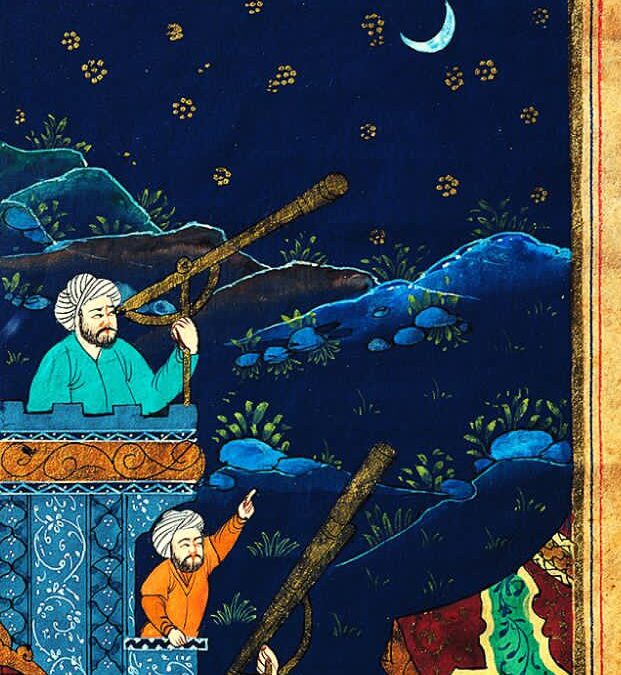
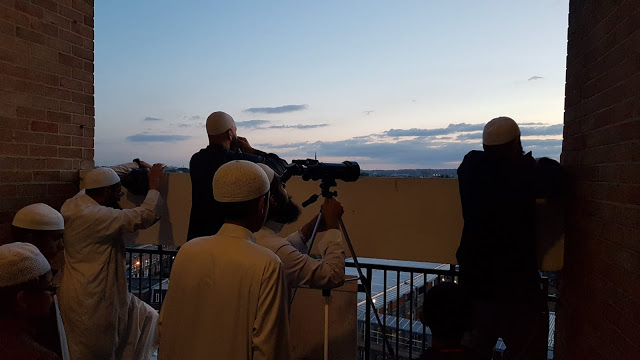
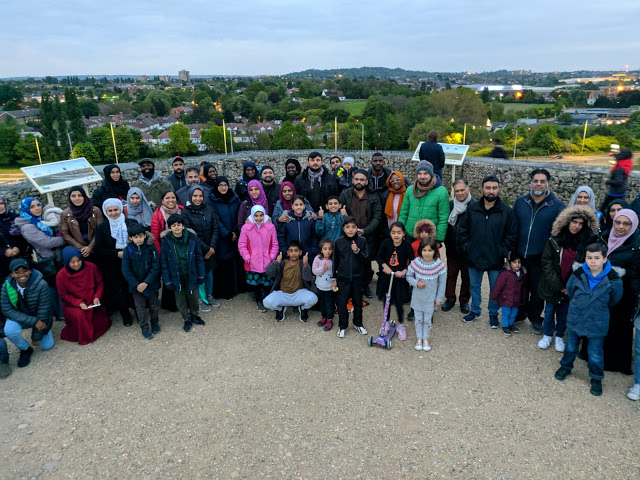
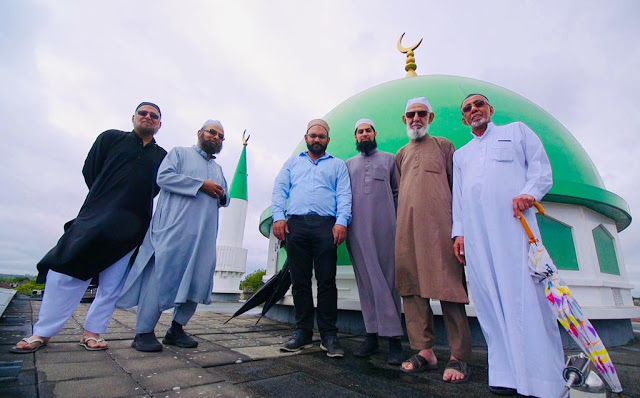
Recent Comments